This year points a long time since nations resolved to escalate their endeavors towards ladies' strengthening and sexual orientation fairness through the Beijing Platform for Action. Today, we mark International Women's Day 2020 and center consideration around the effect of sexual orientation uniformity on ladies' wellbeing in the WHO European Region for the duration of their lives.
Europe has probably the most elevated levels of sex correspondence on the planet, however, progress has been moderate and numerous contrasts between nations remain. As indicated by existing sexual orientation equity records, no Member State has accomplished full fairness. Sexual orientation imbalances sway ladies' wellbeing from numerous points of view.
European governments set needs for gender equality
European nations have laid out activities and future needs for gender equality as a feature of the Beijing+25 audit. Near all European Member States have submitted national audit reports. An evaluation of the needs sketched out in these reports with regards to the 2030 Agenda for Sustainable Development shows the accompanying.
Wiping out viciousness against ladies and young ladies, and executing estimates that perceive, esteem and redistribute ladies' unpaid consideration work, stay top needs across Europe – they are Sustainable Development Goal (SDG) targets and essential for ladies' wellbeing in Europe.
Guaranteeing ladies' sexual and conceptive wellbeing and rights is at the center of sex fairness and is likewise an SDG target, yet is less often organized by nations currently contrasted with earlier years.
Tending to destructive sexual orientation standards and generalizations, just as expanding the computerized consideration of ladies – both pivotal for ladies' wellbeing and prosperity – are up and coming or new needs that nations will put more concentrate on later on.
In September 2020, European Member States will survey accomplishments in sex fairness and their effects on the two ladies' and men's wellbeing as a component of checking progress under the Strategy on Women's Health and Well-being in the WHO European Region (2016) and the Strategy on the Health and Well-being of Men in the WHO European Region (2018).
Lower life fulfillment among young ladies
Sex generalizations start to affect wellbeing and prosperity right off the bat throughout everyday life. Wellbeing Behavior in School-matured Children study information shows that among European teenagers matured 15 years, 43% of young ladies were unsatisfied with their bodies contrasted with 22% of young men. Among the young ladies, 26% revealed being on a tight eating routine, although solitary 13% were overweight (contrasted with 11% of young men being on a careful nutritional plan and 22% being overweight).
Similar information shows a sexual orientation hole in life fulfillment among youths, with young ladies more probable than young men to fall behind in all nations.
High paces of brutality against ladies
One out of 4 ladies in the European Region will encounter physical or potentially sexual private accomplice viciousness after the age of 15. Joined Nations information show that multiple quarters of casualties of human dealing are ladies and that a larger part of these ladies is dealt for sexual abuse.
Sex disparities for ladies in the workforce
Ladies make up most of the wellbeing workforce in the European Region, yet sex disparities inside the wellbeing framework continue. Female wellbeing laborers despite everything face huge obstructions as far as accomplishing initiative positions and pay fairness and in conquering generalizations about the social insurance jobs that ladies for the most part fill.
Although numbers change from year to year, as of March 2020 just 19% of wellbeing pastors in the European Member States are ladies; this is down from 34% in August 2019. However, ladies make up 90% of the formal long haul wellbeing and social-care workforce in nations of the Organization for Economic Co-activity and Development.
Medicinal services administrations rely vigorously upon ladies who contribute as casual parental figures, especially for youngsters and more established individuals. European Union information shows that sexual orientation imbalances in unpaid consideration arrangements are determined and developing.
Numerous years lived in sick wellbeing
Ladies in the Region have a portion of the world's most noteworthy futures, yet the most recent long periods of life are frequently described by sick wellbeing or inability and, typically, low degrees of social assurance. This is incomplete because of inconsistent sexual orientation support in the work advertise and the sex unevenness in giving consideration.
Ladies in Europe live a normal of 10 years in sick wellbeing, while for men the figure is 6 years. With a maturing European populace, and with 70% of the 14 million individuals as of now beyond 85 years old being ladies, this gathering must be required to develop.
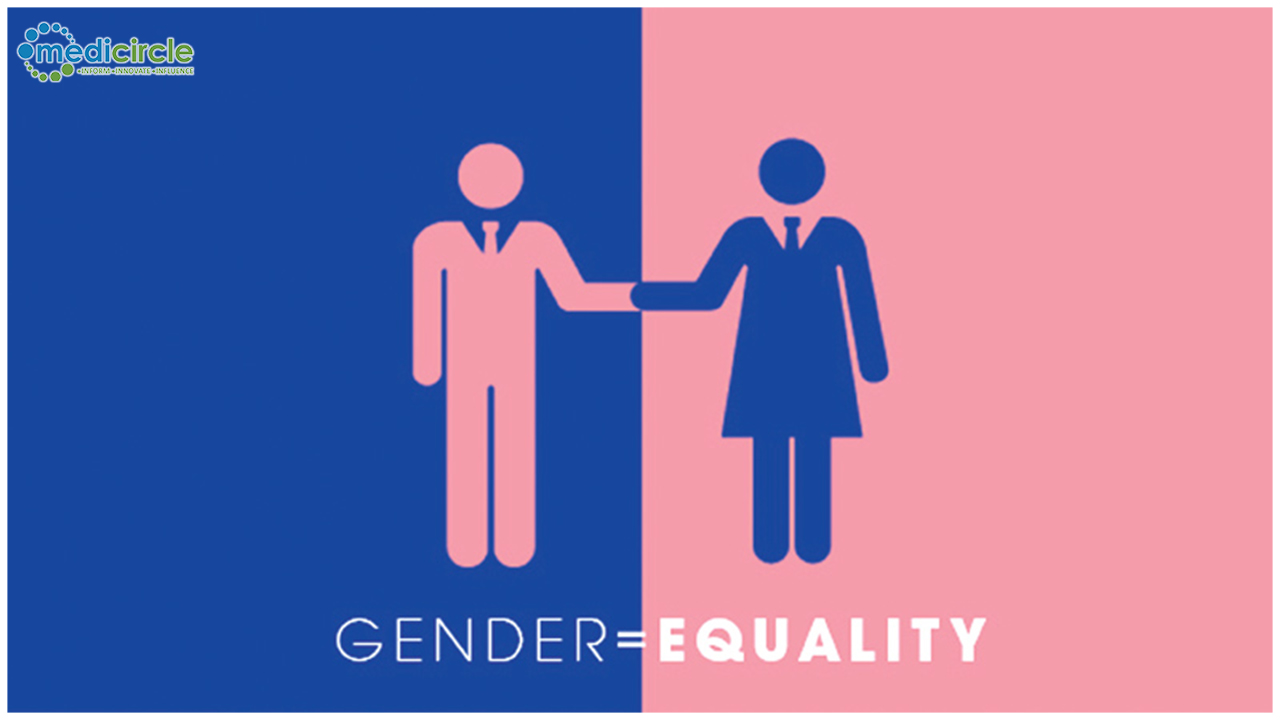
 Women's struggle for gender equality has always been the longest fight. But WHO states things have gone far better in Europe as it marks its highest standards so far
Women's struggle for gender equality has always been the longest fight. But WHO states things have gone far better in Europe as it marks its highest standards so far









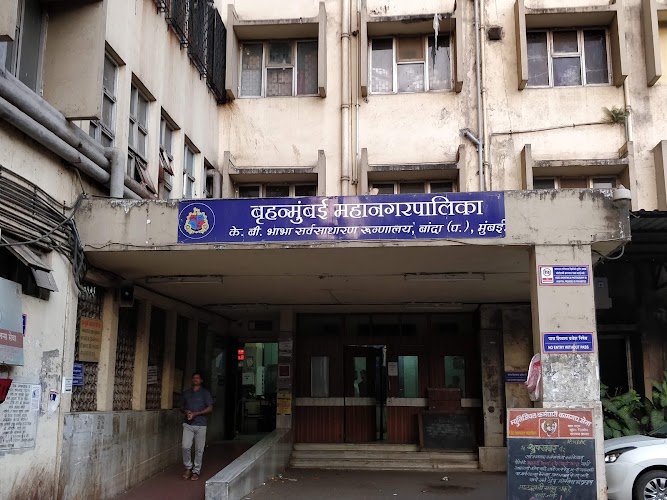
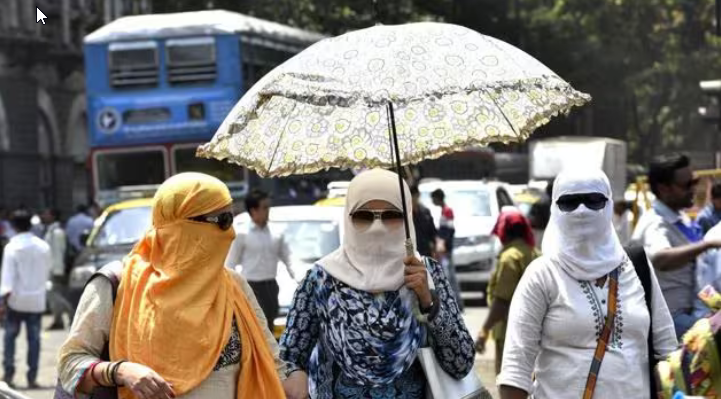

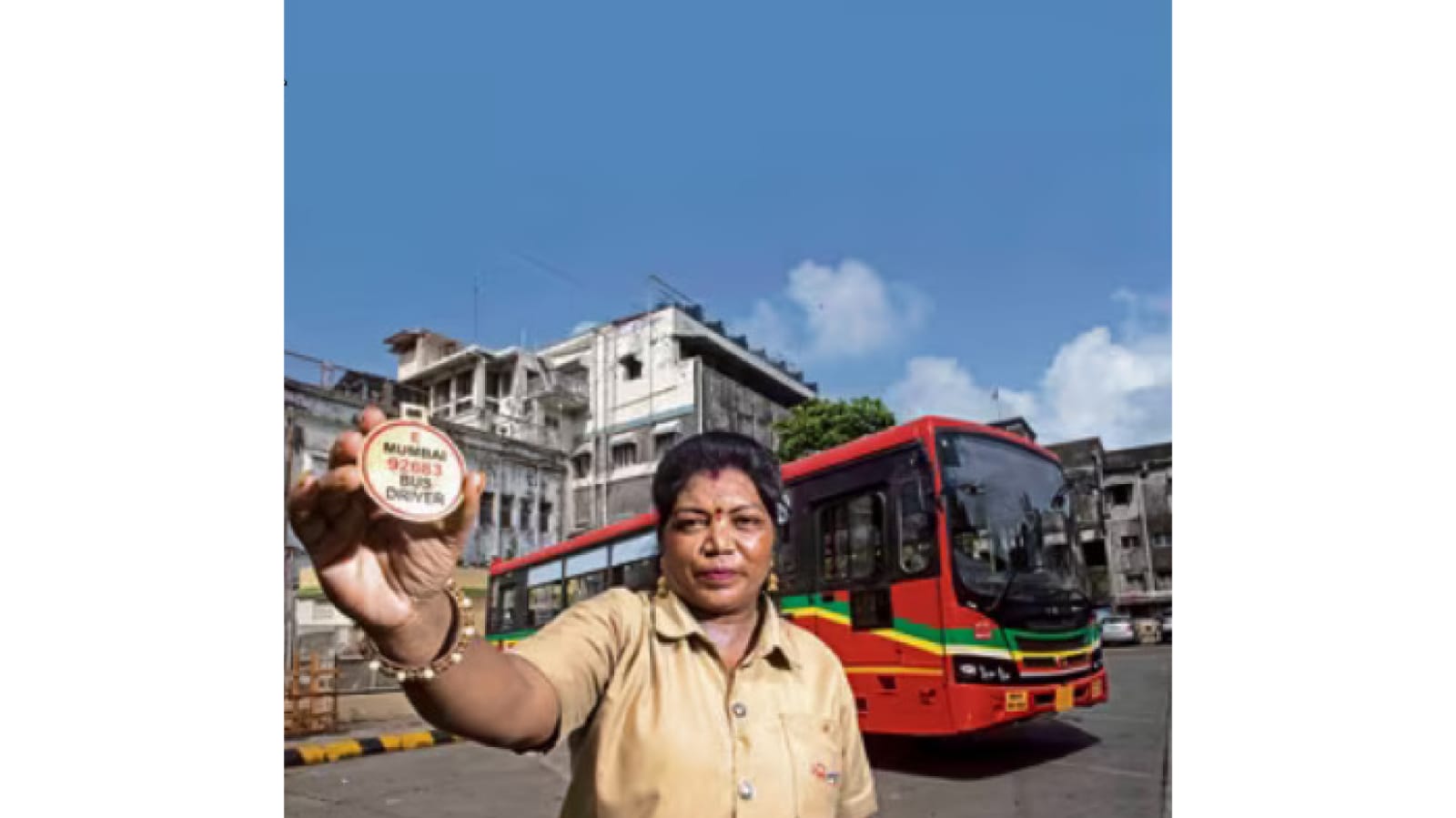
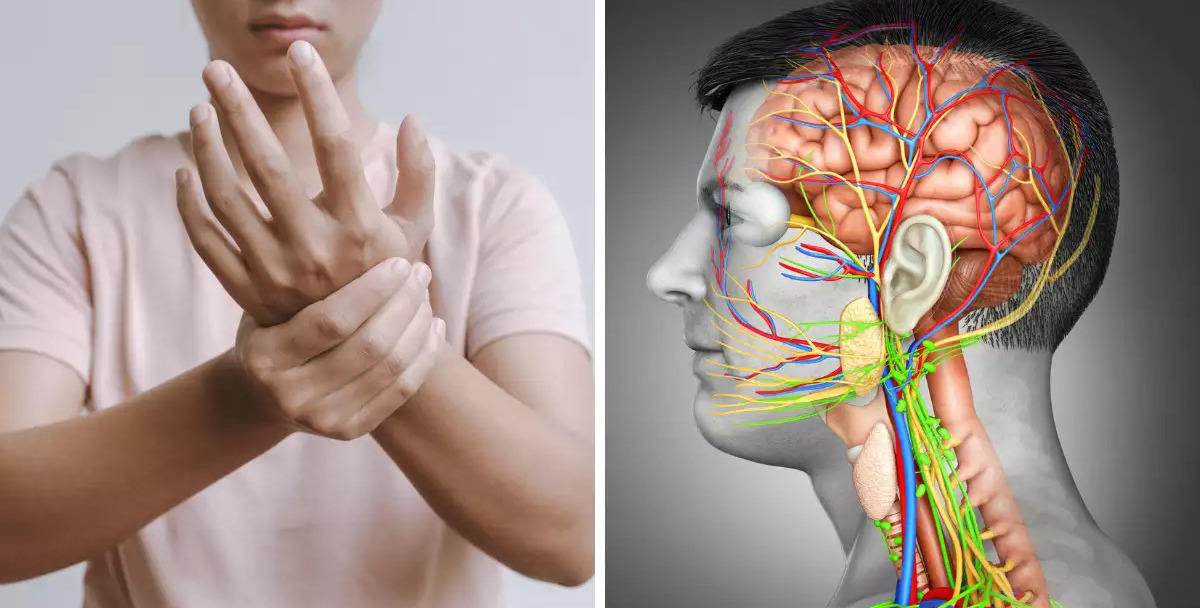





.jpeg)



.jpg)




.jpg)





.jpeg)

.jpg)


